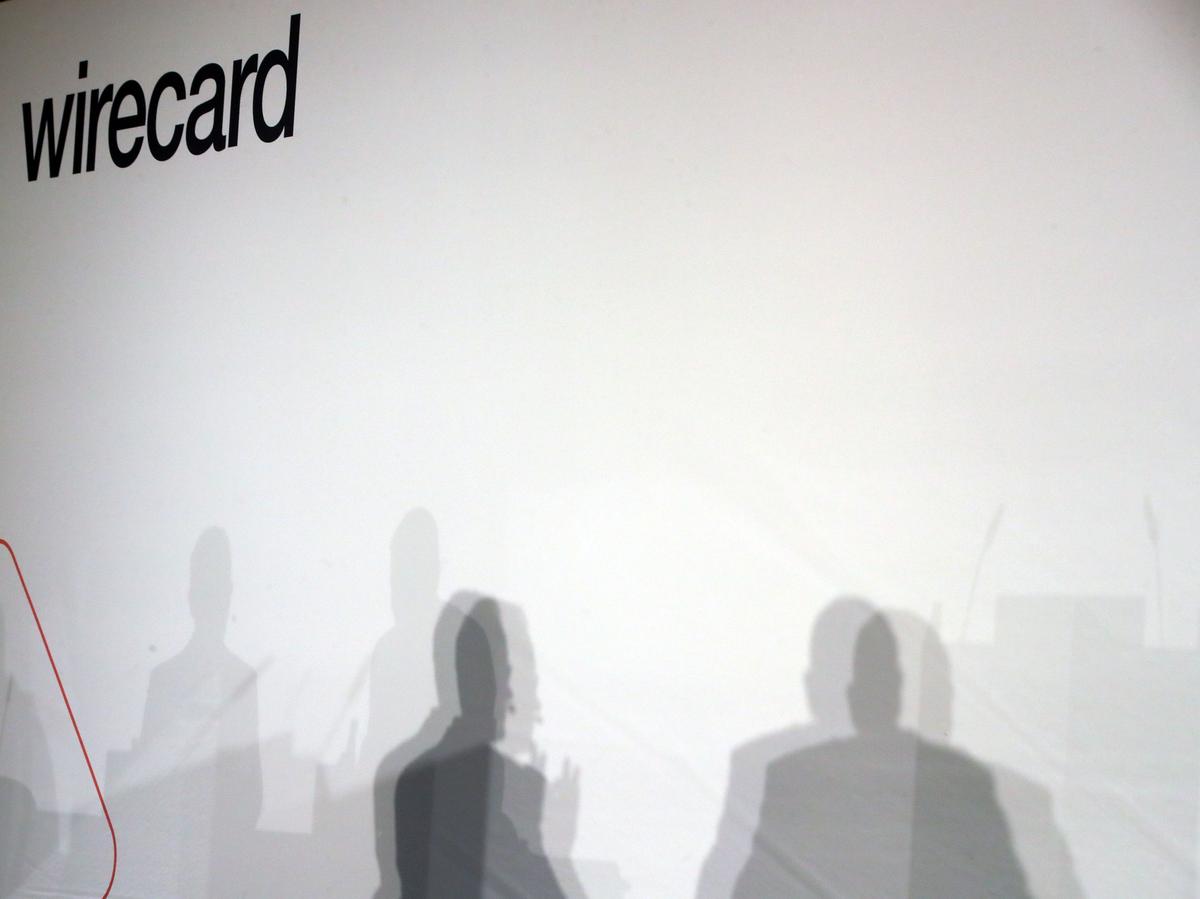FRANKFURT (Reuters) – Wirecard shares fell by more than 40% as two Philippine banks said the German payments company, which is scrambling to find $2.1 billion missing from its accounts, was not a client and alleged that documents had been falsified.
Germany’s Wirecard, which face the possibility of having to repay 2 billion euros ($2.24 billion) in bank loans if it cannot get its results signed off by its auditor on Friday, said in a statement that it could have been the victim of fraud.
Wirecard’s auditor EY has refused to sign off its 2019 accounts over the missing money, which sent shares in the German financial technology firm spinning on Thursday.
“It cannot be ruled out that Wirecard AG has become the aggrieved party in a case of fraud of considerable proportions,” Wirecard Chief Executive Markus Braun said in an online video.
Braun did not identify those he suspected of fraud, while BPI and BDO, the two Philippine banks, both issued statements denying any relationship with Wirecard.
“Wirecard is not a client of the bank. The document claiming the existence of a Wirecard account with BDO is a falsified document and carries forged signatures of bank officers,” BDO said.
“The matter has already been reported to the Bangko Sentral ng Pilipinas,” BDO added in a statement, referring to the Philippines’ central bank.
Wirecard said its in-house auditor EY was unable to confirm the existence of 1.9 billion euros in cash balances on trust accounts, representing about a quarter of its balance sheet.
“Wirecard is not a client. Their external auditor presented to us a document that claimed that they are a client. We have determined that the document is spurious. We continue to investigate this matter,” BPI said in a statement.
EY had regularly approved Wirecard’s accounts in recent years, and its refusal to sign off for 2019 confirms failings found in an external probe by KPMG in April.
Wirecard was a welcome technology success story in Germany, which made its name in heavy industry. But its fortunes unravelled after a whistleblower alleged that it owed its success in part to a web of sham transactions.
The company dismissed the claims but its failure to win a clean bill of health this week from auditors for its accounts shattered investor confidence.
Source: Read Full Article
